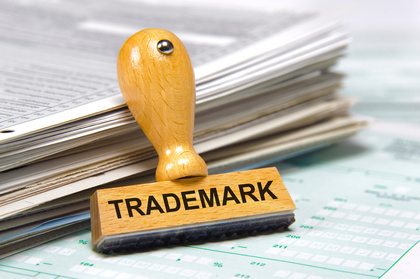
What Is a Trademark Opposition?
Whether you’re in the process of securing a trademark or simply want to protect your business from potential conflicts, it’s important to understand what a trademark opposition entails and what steps you should take if you face one. Continue reading and reach out to a seasoned New Orleans, Louisiana trademark lawyer from Lemler IP to learn more.
What Is a Trademark Opposition and How Does It Work?
A trademark opposition is a formal process in which a third party, typically an individual or a company, challenges the registration of a trademark. After a trademark application is filed with the United States Patent and Trademark Office (USPTO), it undergoes a review process. If the USPTO finds the trademark meets the requirements, it is then published in the Official Gazette, a public record where other parties can view it.
At this stage, if another party believes that the new trademark could potentially cause harm to their own trademark—perhaps because it is too similar or could create confusion—they can file an opposition.
The opposition process is a legal proceeding before the Trademark Trial and Appeal Board (TTAB), which is a neutral body within the USPTO and consists of a panel of administrative judges that determine if a party has the right to register a trademark with the federal government. The party opposing the trademark (the opposer) must file a notice of opposition within 30 days of the trademark’s publication. This notice outlines the reasons why they believe the trademark should not be registered.
The applicant (the party seeking to register the trademark) then has the opportunity to respond to the opposition. If both parties cannot reach a settlement, the TTAB will make a final decision on whether the trademark should be registered.
Why Should You Care About Trademark Opposition?
If you are a business owner or entrepreneur, particularly in Louisiana’s competitive market, trademark opposition is something you should take seriously. Your trademark is a significant part of your brand identity. It distinguishes your goods and services from those of your competitors, and it carries the reputation and goodwill you’ve built over time. If a new trademark application resembles your own too closely, it could dilute your brand, leading to consumer confusion, and ultimately harming your business.
Additionally, understanding the opposition process can protect you from inadvertently infringing on someone else’s trademark. Before you file your own trademark application, a thorough search of existing trademarks is crucial to avoid conflicts. By being proactive, you can avoid the costly and time-consuming process of having to defend your trademark application in an opposition proceeding.
What Should You Do If Your Trademark Faces Opposition?
Receiving a Notice of Opposition can be frustrating, but it’s important to respond promptly and effectively. First, you should carefully review the opposition notice to understand the grounds on which the opposition is based. Consulting with an experienced intellectual property attorney is essential at this stage. An attorney can help you assess the strength of the opposition, advise you on potential settlement options, or represent you in the proceedings if a settlement is not possible.
If the opposition proceeds to a hearing, your attorney will help you gather evidence, prepare legal arguments, and represent your interests before the TTAB. It’s worth noting that the opposition process can be lengthy, often taking several months to a few years to resolve. However, defending your trademark is crucial to protecting your brand’s integrity and ensuring that your business can continue to operate without the risk of brand confusion.
© 2025 Lemler IP. All rights reserved.
Attorney Advertising
